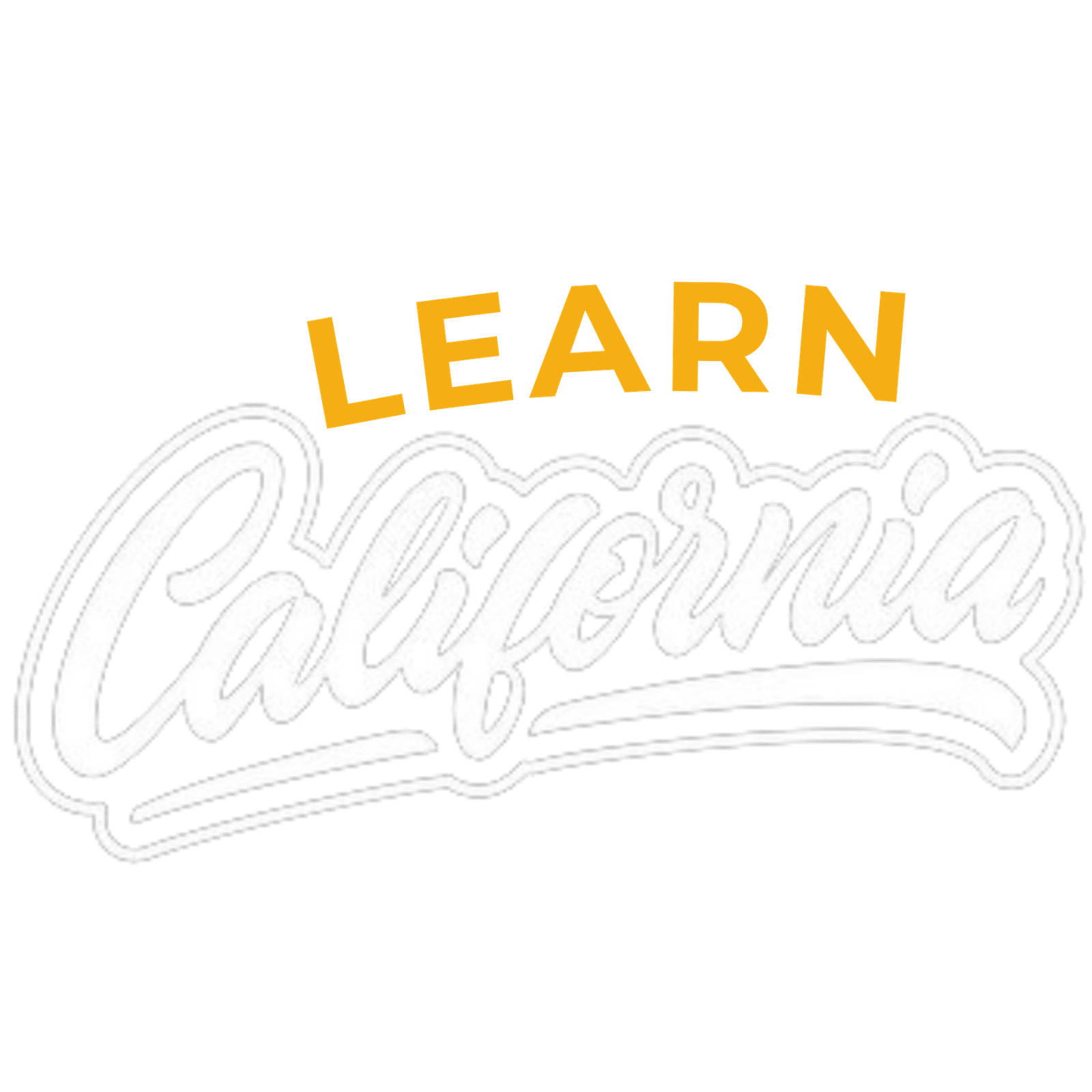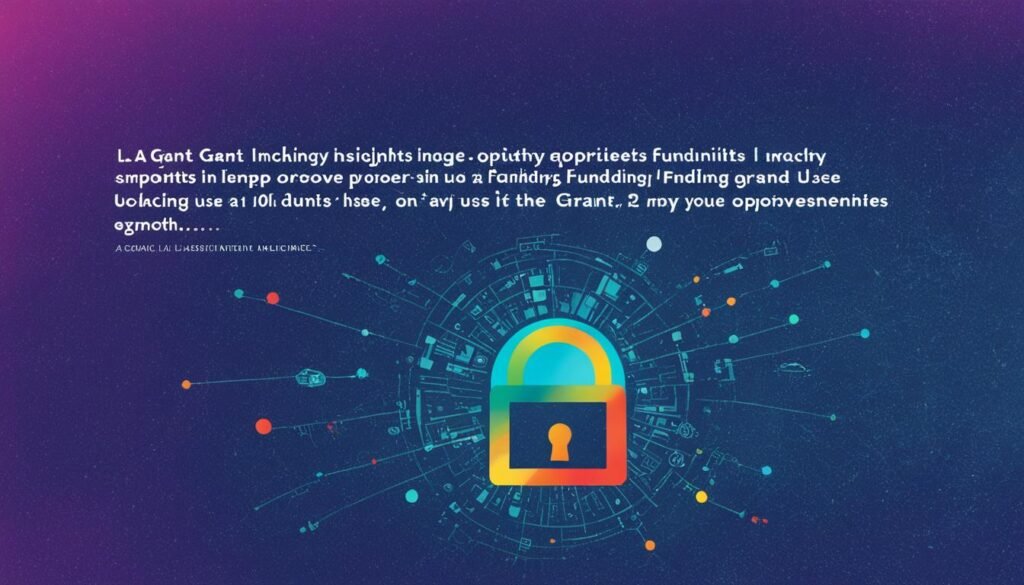Hello, I’m thrilled to share valuable insights on how you can unlock funding opportunities for your organization through LA grants. Whether you’re a nonprofit, educational institution, or individual seeking financial aid, understanding grant opportunities in Los Angeles can make a significant difference in accessing the resources you need.
LA grants encompass a wide range of funding options, including grant scholarships and financial aid programs. These grants aim to support educational initiatives, provide resources for nonprofits, and promote community development. By tapping into these funding opportunities, you can make a positive impact on your projects and gain the financial support necessary to bring your ideas to life.
Through this article, we will explore the world of LA grants and provide you with valuable insights into navigating the grant application process, deciphering eligibility criteria, and optimizing your chances of success. Let’s dive in!
Key Takeaways:
- LA grants offer valuable financial resources for nonprofits, educational institutions, and individuals seeking funding.
- Understanding the eligibility criteria and application process is crucial for unlocking funding opportunities.
- Grant scholarships and financial aid programs are available to support educational initiatives.
- LA grants can provide resources and support for community development and nonprofit organizations.
- Optimizing your grant application increases your chances of securing funding for your projects.
What Is an RFP and Why Do RFPs for Grants Matter?
RFPs, or Requests for Proposals, are essential for driving funding in the nonprofit sector and aligning organizational needs with funders. They provide nonprofit organizations with valuable opportunities to secure financial support for a wide range of projects, including the expansion of educational programs, the launch of healthcare initiatives, and the pursuit of environmental conservation. RFPs play a vital role in fostering innovation and impact, strengthening accountability and transparency within the nonprofit sector.
Nonprofits can leverage RFPs to present their projects and potentially receive funding that can make a difference in their communities. Whether seeking college grants or grant opportunities in various sectors, understanding RFP requirements and guidelines is crucial for successful grant applications.
When applying for RFP grants, nonprofits need to familiarize themselves with eligibility requirements, deadlines, evaluation criteria, and the specific documentation needed to support their proposals. By carefully crafting persuasive narratives and realistic proposal budgets, nonprofits can increase their chances of securing the funding they need to bring their projects to life.
Types of RFPs and How to Find Them
When it comes to grant funding, there are two types of RFPs that nonprofit organizations should be aware of: Open RFPs and Closed RFPs. Open RFPs are available to any eligible nonprofit to apply, providing an equal opportunity for organizations to secure funding. On the other hand, Closed RFPs are targeted specifically to certain organizations, limiting the pool of applicants.
To find the right RFP opportunities for your nonprofit, there are several effective strategies you can employ. One option is to utilize online RFP directories such as Instrumentl, Foundation Directory Online (FDO), and GrantStation. These directories provide comprehensive listings of available grants, making it easier to discover suitable funding opportunities.
Another valuable resource for finding RFPs is industry networks and partnerships. By connecting with other organizations in your field, you can stay informed about potential grant opportunities and leverage existing relationships to access funding.
Additionally, attending conferences and workshops related to your nonprofit’s focus area can provide valuable insights into potential RFP opportunities. These events often feature presentations from funders and grantmakers, allowing you to learn about upcoming funding initiatives firsthand.
By exploring these different sources, both online and offline, you can increase your chances of finding RFP opportunities that align with your organization’s mission and focus areas.

Using Google Analytics to Optimize Ad Grants Accounts for Nonprofits
Google Analytics is a powerful tool that provides valuable insights into user behavior, and it can be a game-changer for nonprofits looking to optimize their Ad Grants accounts. By linking Google Analytics and Ad Grants accounts, nonprofits can gain a deeper understanding of their Ad Grants campaigns and track what happens after someone clicks on their ads and lands on their website.
To make the most of Google Analytics for Ad Grants, nonprofits should begin by defining their marketing objectives. What are the specific goals they want to achieve with their ad campaigns? Whether it’s increasing website traffic, driving conversions, or promoting specific actions, clearly defining objectives is crucial in optimizing Ad Grants accounts.
Once objectives are established, nonprofits should link their Google Analytics account to their Ad Grants account. This allows them to track and analyze important metrics such as click-through rates, bounce rates, and conversion rates. By understanding how their Ad Grants campaigns are performing, nonprofits can make data-driven decisions and allocate resources effectively.
Tracking marketing goals in Google Analytics is another vital step in optimizing Ad Grants accounts. Nonprofits can set up conversion goals in Google Analytics to measure specific actions visitors take on their website, such as signing up for a newsletter, making a donation, or completing an online form. By identifying which actions are most important and tracking their completion, nonprofits can gain insights into the effectiveness of their ad campaigns and make necessary adjustments for better results.

By leveraging the power of Google Analytics, nonprofits can enhance the quality of traffic reaching their website and increase the chances of visitors completing meaningful actions. With a strong understanding of user behavior and the ability to analyze campaign performance, nonprofits can optimize their Ad Grants accounts to make the most of government grants in LA and improve their overall impact.
Conclusion
RFPs for grants offer valuable opportunities for nonprofits in LA to secure funding for their projects. By understanding the basics of RFPs and the eligibility criteria, nonprofits can navigate the complex landscape of grant funding sources and maximize their chances of success.
It is crucial for nonprofits to stay informed about application processes and funding agencies in LA. This knowledge will help them to identify the right grant opportunities and create persuasive proposals that align with the funders’ requirements.
Applying for a grant in LA involves deciphering the grant eligibility criteria set by funding agencies. Nonprofits should conduct thorough research, gather the necessary documentation, assemble a strong proposal team, and meet the submission deadlines. By following these steps, nonprofits can take advantage of the available grant funding sources in LA and make a positive impact in their communities.
FAQ
What is an RFP?
An RFP, or Request for Proposals, is an invitation for nonprofit organizations to submit detailed proposals for specific funding opportunities.
Why are RFPs for grants important?
RFPs for grants are important because they drive funding in the nonprofit sector, align organizational needs with funders, strengthen accountability and transparency, and foster innovation and impact.
What are the types of RFPs?
The two types of RFPs are Open RFPs, which are open to any eligible nonprofit to apply, and Closed RFPs, which target specific organizations.
How can nonprofits find RFP opportunities?
Nonprofits can find RFP opportunities through online RFP directories, industry networks, partnerships, and attending conferences and workshops.
How can nonprofits optimize their Ad Grants accounts with Google Analytics?
Nonprofits can optimize their Ad Grants accounts with Google Analytics by linking the two accounts, defining marketing objectives, tracking marketing goals in Google Analytics, and using insights to improve the quality of traffic reaching their website.
How can nonprofits maximize their chances of success with grant opportunities?
Nonprofits can maximize their chances of success with grant opportunities by staying informed about eligibility criteria, application processes, and funding sources.







